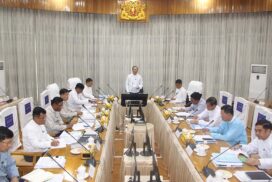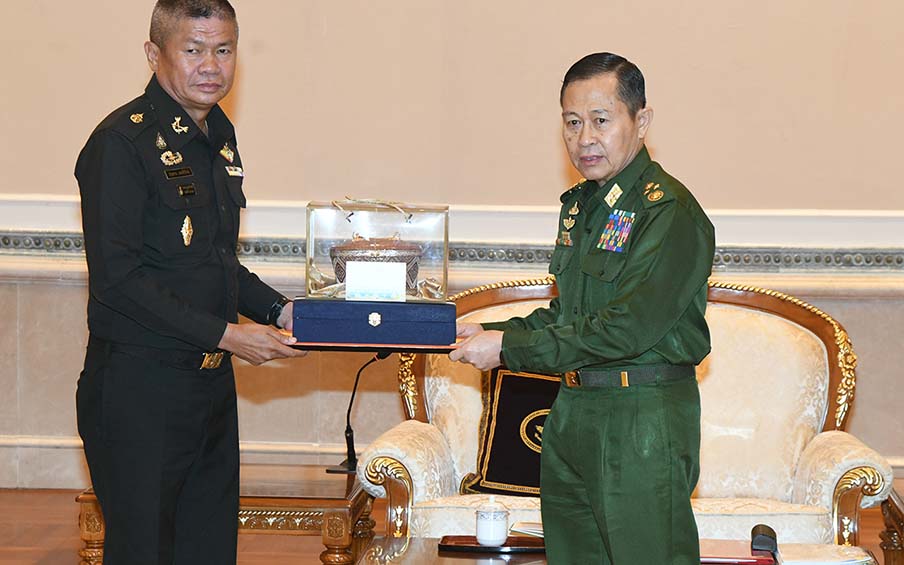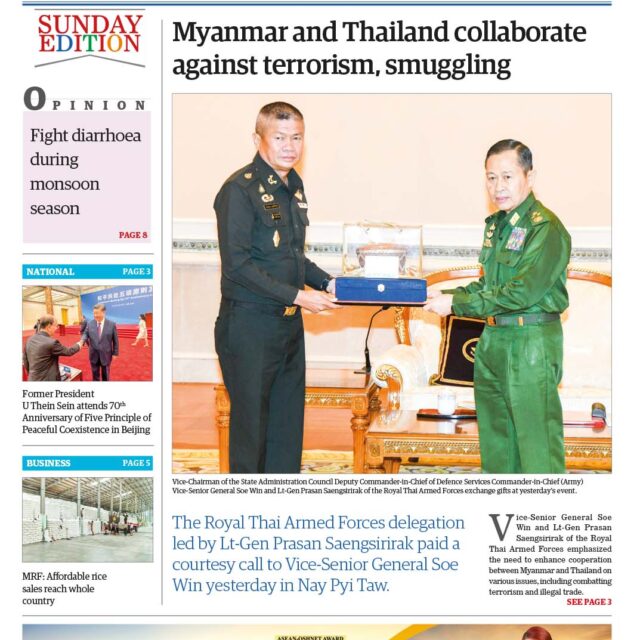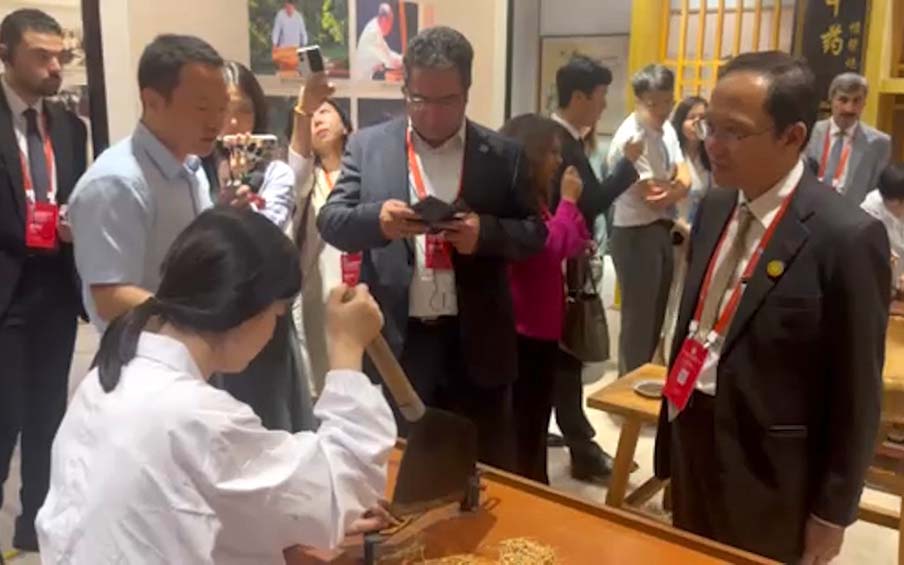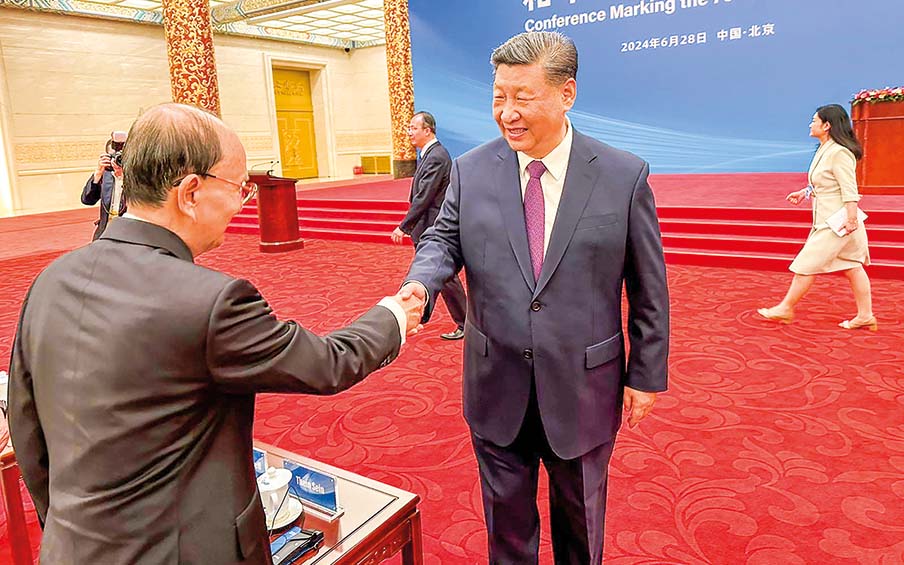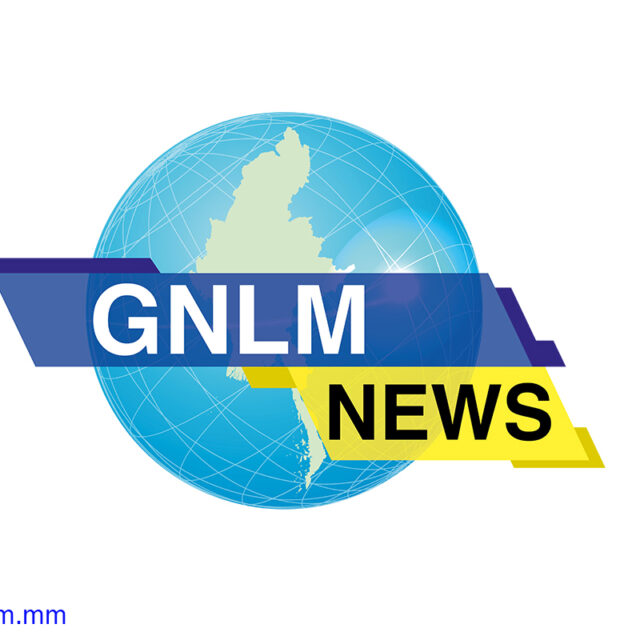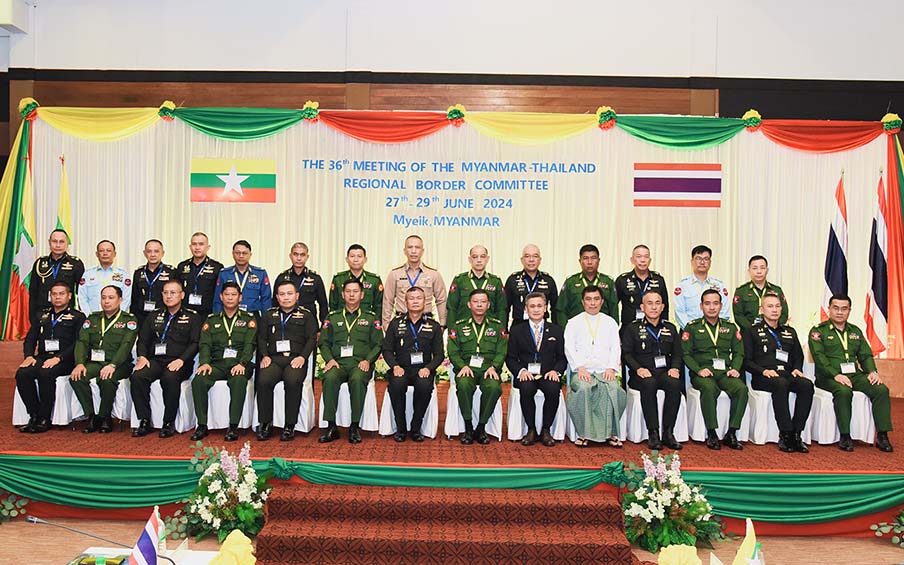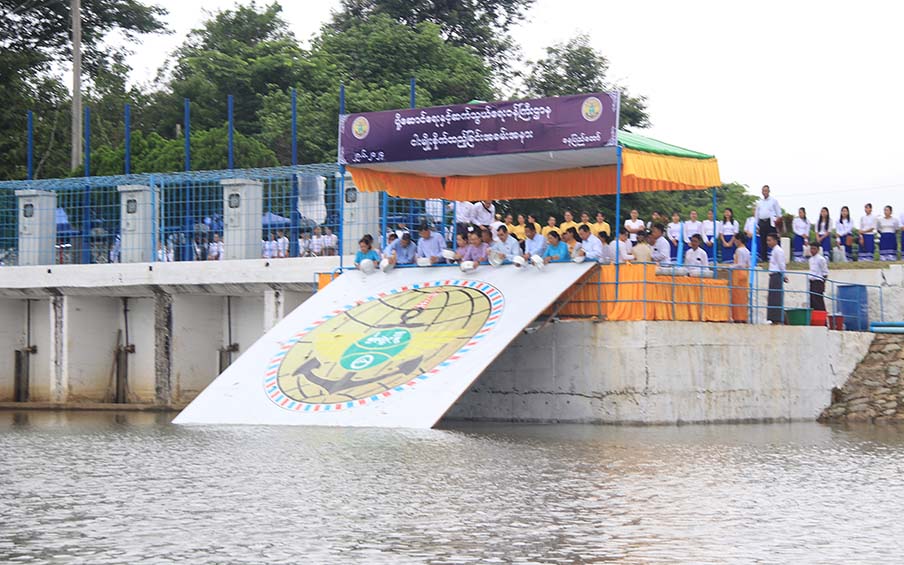By Dr Than Lwin Tun
Human resource management (HRM) is the practice of recruiting, hiring, deploying and managing an organization’s employees. HRM is often referred to simply as human resources (HR). A company or organization’s HR department is usually responsible for creating, putting into effect and overseeing policies governing workers and the relationship of the organization with its employees. The term human resource was first used in the early 1900s and then more widely in the 1960s to describe the people who work for the organization in aggregate. The modern term human capital management (HCM) is often used by large and midsize companies when discussing HR technology.
The HRM involves creating personnel policies and procedures that support business objectives and strategic plans. Central to this mission is fostering a culture that reflects core values and empowers employees to be as productive as possible.
The HRM plays an essential role in the success and sustainability of an organization. It involves a range of functions that contribute to the overall effectiveness and efficiency of a workplace. The following is a detailed look at the importance of HRM in the workplace:
l Recruitment and Selection: The effective recruitment and selection processes ensure that the organization has the necessary skills and competencies to achieve its goals. Properly managed recruitment helps in reducing turnover rates and improving employee satisfaction.
l Employee Development and Training: HRM oversees the continuous development and training of employees. This not only enhances the skills and capabilities of the workforce but also ensures that employees are up-to-date with the latest industry trends and technologies. Continuous learning opportunities lead to higher job satisfaction and better performance.
l Performance Management: Effective performance management systems are crucial for assessing employee performance, providing feedback, and setting goals. HRM develops and implements performance appraisal systems that help identify high performers and those in need of improvement, thereby aligning individual performance with organizational objectives.
l Compensation and Benefits: HRM designs and manages compensation structures and benefit programs. Competitive salaries, health benefits, retirement plans, and other perks are essential for attracting and retaining top talent. A well-structured compensation package also motivates employees to perform better and stay committed to the organization.
l Employee Relations: Maintaining positive employee relations is a crucial function of HRM. This includes addressing employee grievances, fostering a positive work environment, and ensuring open lines of communication between management and staff. Good employee relations reduce conflicts and enhance workplace harmony.
l Compliance with Labour Laws: HRM ensures that the organization complies with all relevant labour laws and regulations. This includes fair labour practices, non-discrimination policies, workplace safety, and other legal requirements. Compliance helps in avoiding legal disputes and penalties.
l Organizational Culture and Change Management: HRM plays a critical role in shaping and nurturing the organizational culture. It also manages change within the organization by facilitating smooth transitions, whether it’s through mergers, acquisitions, or internal restructuring. A robust and adaptive culture enhances employee engagement and organizational resilience.
l Strategic HR Planning: HRM aligns human resource policies and practices with the strategic goals of the organization. This involves workforce planning, talent management, and succession planning. Strategic HR planning ensures that the organization has the right people in the right places at the right times.
l Enhancing Employee Well-being: HRM focuses on the overall well-being of employees by implementing wellness programs, offering mental health support, and promoting work-life balance. Healthy and happy employees are more productive and contribute positively to the workplace environment.
l Diversity and Inclusion: HRM champions diversity and inclusion within the workplace. By promoting a diverse workforce and inclusive practices, HRM helps in creating an innovative and respectful work environment. The diversity and inclusion initiatives improve problem-solving, creativity, and decision-making within the organization.
In addition, Human Resource Management is integral to the success of any organization. It involves a wide range of functions that ensure the effective and efficient management of human capital. By focusing on recruitment, development, performance management, compensation, employee relations, compliance, culture, strategic planning, well-being, and diversity, HRM creates a productive, motivated, and engaged workforce as well as drives organizational success and growth.
References
l https://www.techtarget.com/searchhrsoftware/definition/human-resource-management-HRM
l https://www.adp.com/resources/articles-and-insights/articles/h/human-resource-management.aspx


